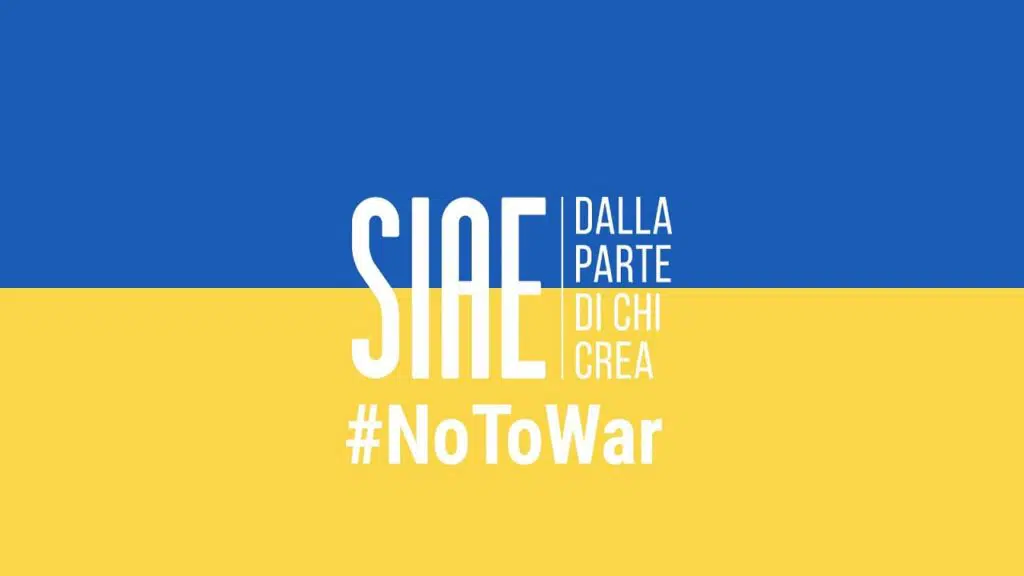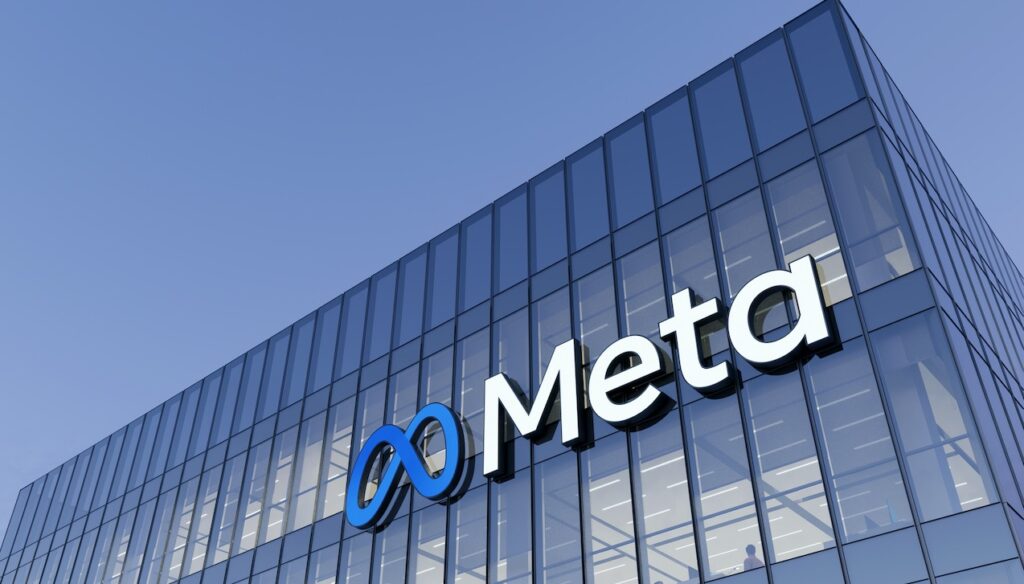Italy is that country where, in the midst of the pandemic, when the managers of bars and clubs made themselves heard about the ban on closing activities at 18:00, the artists and entertainment operators silently waited for their turn, after several one year of forced break, without guarantees or safeguards. Without “closing at 18:00”. Closing and that’s it, on a continuous schedule. Today, three years later, the news arrives that Metathe giant that manages the social networks Facebook and Instagram, will not renew its agreement with SIAE, the Italian Society of Authors and Publishers. That organism, in practice, which protects the copyright and the distribution of proceeds to those who write songs and compose music (as well as film scripts and plays).
The two phenomena, that of protecting artists in a pandemic and that of Meta’s failure to renew the agreement with SIAE, are apparently unrelated. And they are, in fact. But they have one theme in common: the value of music in Italy. An infinitely low value, no matter how hard we try to read about artists in the top 10 Global and the virality of the songs.
Yes, because basically, between a stream on Spotify and a story set to music on Instagram, we forget one fundamental aspect: money. Who made the music we love, making money? How much? Who do you share the cake crumbs with?
Without having any will to dive from the tenth floor of the building called statistics, to land in the ocean known as record division, let’s try to understand because Meta has not renewed the agreement with SIAE. Above all, let’s try to understand what this lack of agreement entails, both for users and for authors.
What will happen as a result of no agreement
Following the lack of agreement with SIAE, Meta immediately proceeded to remove the songs from the SIAE catalog from its social platforms. This means that it is no longer possible to use SIAE songs to create Posts, Stories and Reels on Instagram and Facebook. Already created content will be muted. The songs in the SIAE catalog represent almost all the Italian songs on the market, both the mainstream ones of big artists and those of small names. Both of contemporary artists as well as – and above all – those of the past, given that until a few years ago the SIAE held the monopoly of copyright in Italy.
 Credit: SIAE
Credit: SIAE
A maneuver that therefore damages the creators of content on social networks on the one handwho will no longer be able to use songs for their posts and Reels (and we know how important music is in Reels), on the other, the artists themselves, who will not be able to use their music on Facebook and Instagram. An economic problem too: failure to reach an agreement means that Meta will not pay SIAE, and therefore SIAE will not pay the authors. After all, their music will not be used, so why pay them? Well actually there is another aspect: a small percentage of all SIAE revenues go to form a non-refundable fund for all artists, large and small. A ridiculous figure if divided by all subscribers, but a figure nonetheless.
Why didn’t Meta agree with SIAE?
At the basis of the lack of agreement there are obviously economic reasons. Meta ended its 2022 financial year with major losses. The much-heralded efforts to build the Zuckerbergian Metaverse have proven more expensive than anticipated, and Mark Zuckerberg himself has kicked off the new year with a bombastic statement: “2023 will be the year of efficiency”. A particularly elegant way of saying that Meta would have cut the dead branches. Not surprisingly, between February and March, a tsunami of layoffs hit the company’s offices around the world.
In the midst of this desperate austerity maneuver, in an attempt to revive the budgets, Meta’s international activities also ended up. And here we come to the lack of agreement with the SIAE, announced in recent days. In fact, we recall that in order to allow its users to freely use music that belongs to whoever wrote that music, Meta pays SIAE, which in turn distributes the fees. In short among the dry branches to be cut, there was also Italian music.

Without any will to trivialize, but certainly with a disruptive desire to provokewe could say that Meta has not renewed the agreement with SIAE because Italian music is worthless. Or at least not worth the expense to keep it on the platform.
Meanwhile on TikTok we dance (literally)
While Meta cuts Italian music from Facebook and Instagram, one thing is clear in our country: today more than ever the music social network is TikTok.
He also spoke on the matter Davide Rossi, General Manager of Aires, the Italian Association of Specialized Appliance Retailers. Davide Rossi, speaking of SIAE, reiterates the need for “a profound reform of its composition which today sees only the component of those entitled and not the users represented”.
It would be more useful to emphasize the protection of authors, considering that they have very few. For example, a TikTok user, anywhere in the world, can freely and freely use the music present in the Chinese social network’s boundless library. Not only: creators on TikTok can manipulate songs publishedadd effects not foreseen by the original production and, as we have seen with the spread of the speed-up trend, totally distort the original song. All without even asking the author of the piece for an opinion. And if this dynamic appears sad, it is even more so if we consider that TikTok’s core business is music, ballets, of course, but ballets to music.
The beauty of music
In what sense, then, should users be protected more? But music is like this: few make it, many can take advantage of it and everyone can have their say. That’s the beauty of art, after all.
Meanwhile on TikTok people dance, on Facebook and Instagram Italian music disappears and somewhere, up or down the long boot, a small artist collects the crumbs of what he has created, wondering for the umpteenth time if it’s worth it sorry. He will conclude no, writing yet another useless song and thanking his God-of-music for not having had to close at 18:00 like bars.















Leave a Reply
View Comments